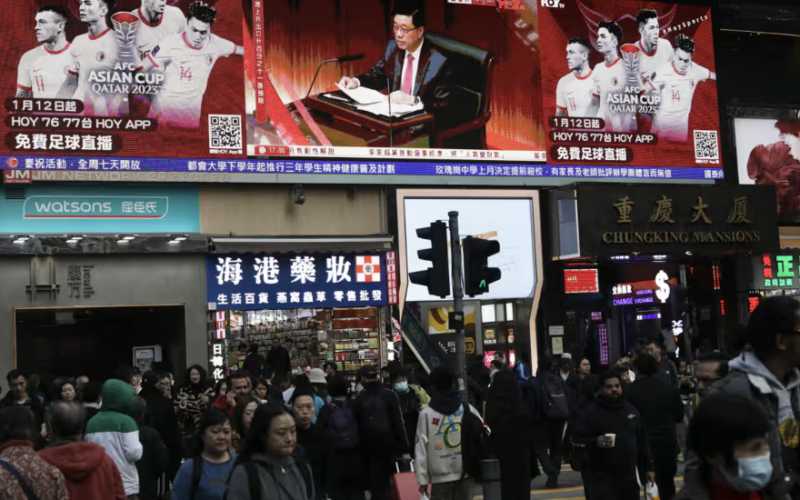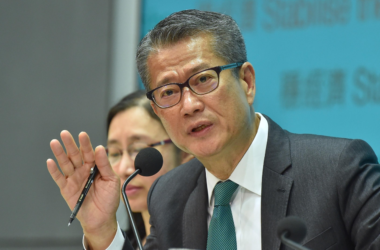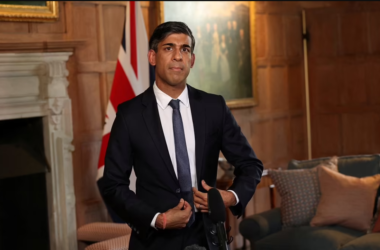Hong Kong’s Chief Executive, John Lee, has officially declared plans to expedite the implementation of enhanced national security laws, building upon the comprehensive legislation imposed by Beijing in 2020. Emphasizing the urgency, Lee stressed that the city “could not afford to wait” any longer. The proposed laws, known as Article 23, targeting espionage, state secrets, and foreign influence, have raised concerns among business professionals, diplomats, and academics, potentially impacting the global financial hub.
In a press conference on Tuesday, Chief Executive John Lee outlined the government’s commitment to passing the new laws “as soon as possible.” While a precise timetable was not provided, Lee underscored the city’s constitutional responsibility, dating back to its handover to China in 1997. Lee highlighted the need for vigilance against potential sabotage and foreign agents, asserting that waiting further was not an option.
Lee assured that the proposed laws would uphold international standards and safeguard the city’s freedoms. A 110-page consultation document, submitted to the Legislative Council, outlines the necessity for updated laws covering various aspects, including theft of state secrets, espionage, treason, sedition, and sabotage. The document also advocates tighter control over foreign political organizations linked to Hong Kong.
The consultation document warns of increasing threats from foreign espionage and intelligence operations, citing the pro-democracy protests in 2019 as evidence. A comprehensive consultation process is set to conclude on February 28, aiming to address concerns and gather input from various stakeholders.
The proposed legislation aims to strengthen Hong Kong’s defense against acts endangering national security, including state secrets, economic espionage, and potential threats from external forces. The document outlines the necessity for clarity in defining red lines, particularly in areas left vaguely worded by the 2020 legislation.
The consultation document draws parallels with national security laws in other countries, including Britain, the United States, Australia, Canada, New Zealand, and Singapore. It seeks to align Hong Kong’s legal framework with international standards while addressing specific concerns within the city.
Article 23 laws have long been required under Hong Kong’s Basic Law, guiding its relationship with China since the 1997 handover. The new legislation is expected to provide more clarity and definition to certain aspects of the 2020 law and colonial-era statutes, ensuring a more robust legal framework.
Acknowledging the significance of public scrutiny, Lee reiterated his belief that the new laws would contribute to a more stable and secure city. Drawing parallels with international standards, he expressed confidence in the legislation’s conformity to widely accepted principles.
As Hong Kong moves forward with the proposed security laws, the city finds itself at a critical juncture, balancing the imperative for enhanced security with the need to address concerns from various quarters. The consultation process provides an avenue for diverse perspectives, offering a glimpse into the ongoing dialogue between the government and its citizens on matters of national importance.








